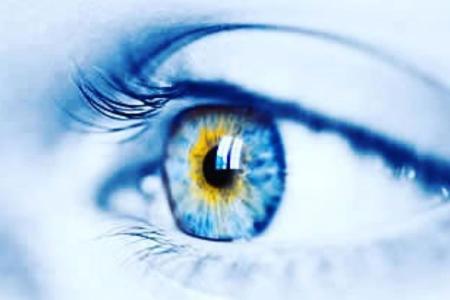Cognitive Behavioral Therapy
Cognitive Behavioral Therapy is a structured brief psychotherapy method which focuses on modifying thoughts by inspiring positive feelings. It focuses on the present. It starts with the problems, for which the client has sought the help of the therapist, but basically, it targets changing the illogical thinking, maladjusted feelings and behavior stemming from an incident in one’s past or an episode one has experienced. Because one’s present predicament is caused by the continuation of those thoughts, feelings and behaviors. This therapy aims at determining and correcting the cognitive distortion that causes the client discomfort, and the behaviors that support these distortions. However, the aim of this therapy is not to change all the cognitive distortions of the client, but to correct only the ones that cause problem. Realistic reevaluation and correction of these thoughts and changing them will bring about amelioration of the above mentioned feelings and behaviors. The more permanent amelioration depends on the correction of the person’s dysfunctional beliefs.
Cognitive Behavioral Therapy has many different constituents in its features. Cognitive Behavioral Therapy assumes that our thoughts conduct our emotions and behaviors. Therefore, exterior factors (other people events etc.) cannot change our emotions and thoughts. This manner of thought facilitates our control over our emotions and thoughts, no matter what the conditions are. This type of therapy lasts relatively shorter than the some other therapies (on the average 16 sessions) and it depends on mutual efforts of the therapist and the client. They both have roles. In Cognitive Behavioral Therapy, it is essential that the client do his/her homework. Homework focuses on keeping a journal about important feelings and emotions connected to them, and eliminating negative, or unrealistic habits.
Nowadays this type of therapy has very many successful applications in solving psychological problems. Problems such as fears, panic attack, stress, relationship problems, performance (work or exam) anxiety, obsessive behavior or thoughts, eating disorders, depression, bereavement, stress problems after trauma, sexual problems, are in the field of Cognitive Behavioral Therapy; at times it can be applied in groups as well as individuals.
Releated Content:
Solution Focused Therapy is a 50-year-old method which focuses on accomplishing the desired targets that would be reached at the end of the therapy ...
Expressive Art Therapy can be used both as a diagnostic tool and a treatment method. This therapy unites creativity and psychotherapy at the point where an ...
Gestalt is based on what is experienced at the moment. Unlike other therapies, instead of searching for the unknown, it focuses on the existing. Furthermore, ...
EMDR -Eye Movement Desensitization Reprocessing- is a psychological procedure used in emotional problems caused by distressing life experiences such as war ...





